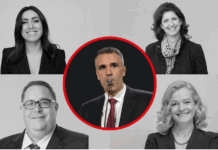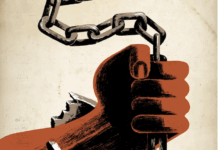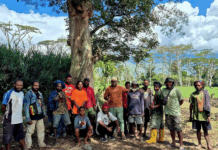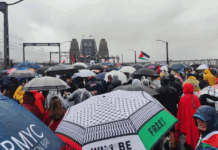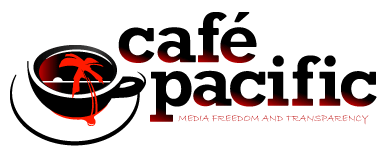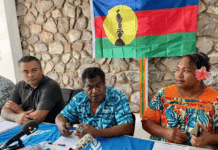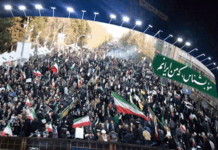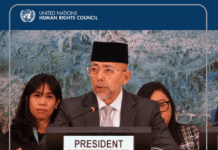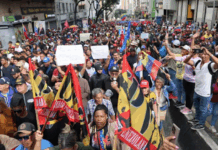Report by Pacific Media Centre
IT was a privilege for the Pacific Media Centre to be among the 27 global stakeholders involved in a progress feedback workshop for the European Union-funded €2.5 million violent conflict research project dubbed INFOCORE in Brussels last weekend.
Other stakeholders included the AFP Foundation, Deutsche Welle news agency, European Broadcasting Union, France 24, Global Forum for Media Development (GFMD), Institute for War and Peace Reporting, Internews Europe, Journaliste en Danger, Thomson Reuters Foundation, UNESCO Chair in Communication for Social Change and Media, War and Conflict journal.
The two-day event was hosted by another stakeholder, Press Club Brussels Europe, at its friendly offices in Rue Froissart, Schuman, decorated with a range of political cartoons from Europe’s finest cartoonists.
INFOCORE stands for (In)forming Conflict Prevention, Response and Resolution: The role of the media in violent conflict.
The research mission is to provide a “systematically comparative assessment of various kinds of media, interacting with a wide range of relevant actors and producing diverse kinds of conflict coverage,” as the INFOCORE website describes it.
The focus is on three main conflict regions – the Middle East (Israeli-Palestinian conflict and the Syrian civil war), the West Balkans (Kosovo and Macedonia) and the African Great Lakes area (Burundi and the Democratic Republic of the Congo).
Nothing specific on the Pacific, but for the one Pacific stakeholder (PMC) present it was still tremendously interesting with lots of parallels for the region, especially the various roles of social and digital media in conflict.
The research project, spanning a period of about 10 years for some of the conflicts, is the most ambitious research project ever undertaken on media reportage on conflict and the interplay with sources and policy makers, non-government organisations, the general public and social media.
The project team embarked on the work in January 2014 and its findings and selected data will become available to the public by the end of next year. Some working documents are available already on the website.
About 45 people are involved, including 11 leading experts from the social sciences at nine research institutions from seven countries.
Among research leaders are project coordinator Professor Romy Fröhlich of the Ludwig Maximilian University, Munich; Dr Chris Meyer of King’s College, London; and Dr Christian Baden of the Hebrew University of Jerusalem.
Dr Georgios Terzis of the Global Governance Institute, Brussels, is and dissemination coordinator.


